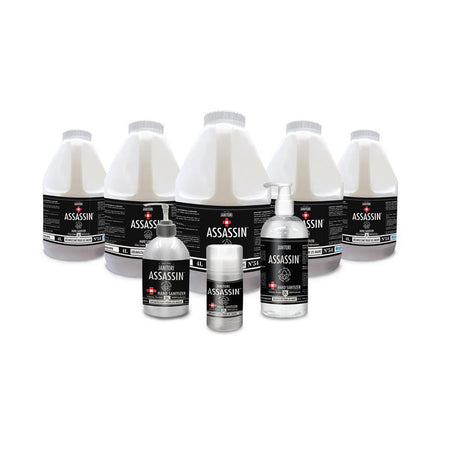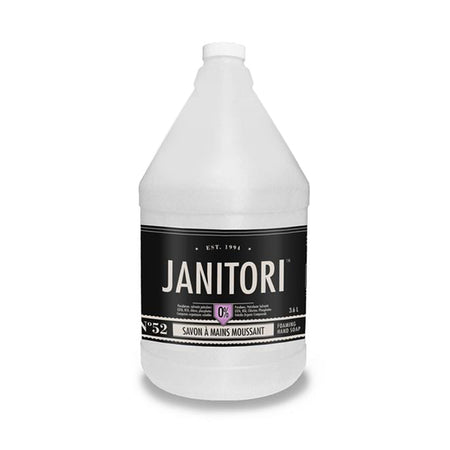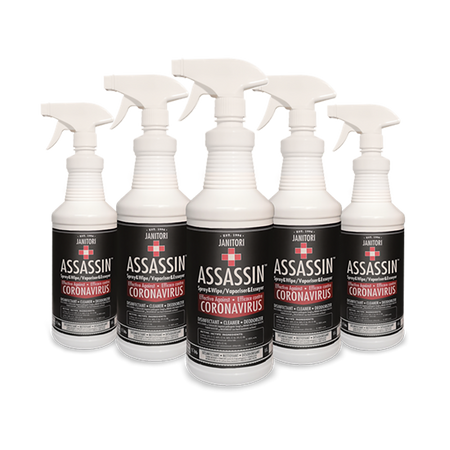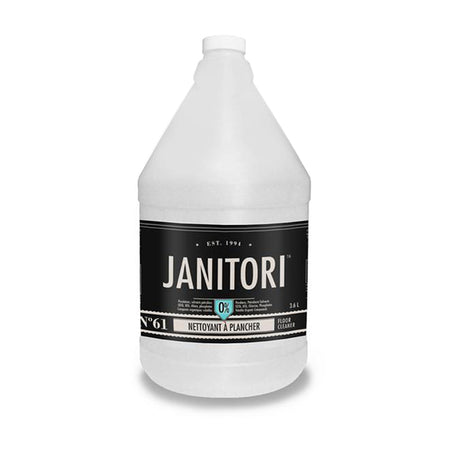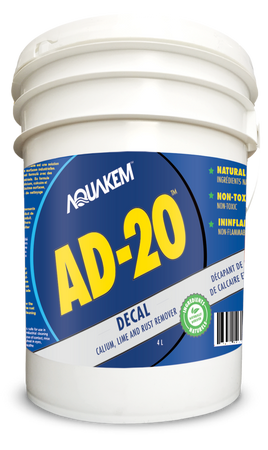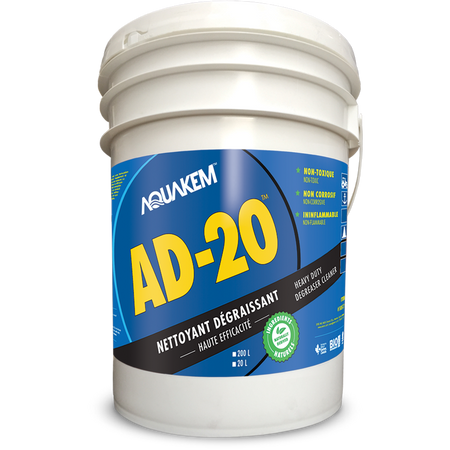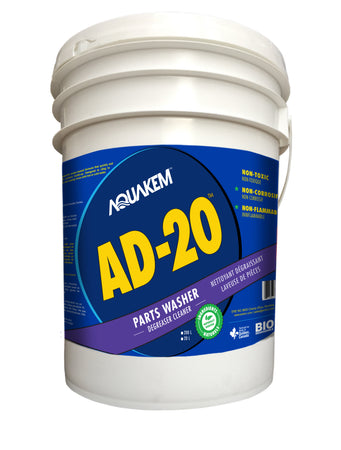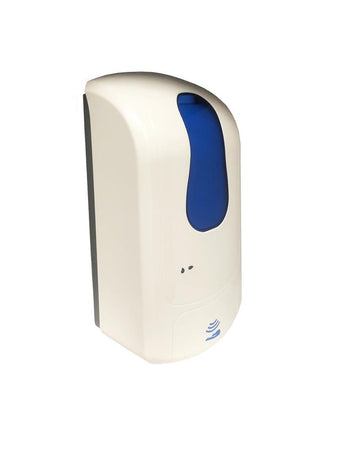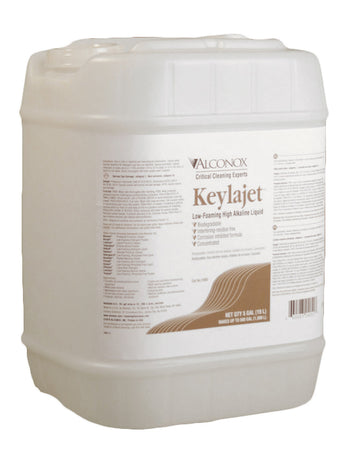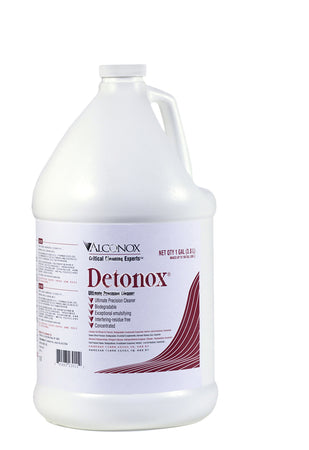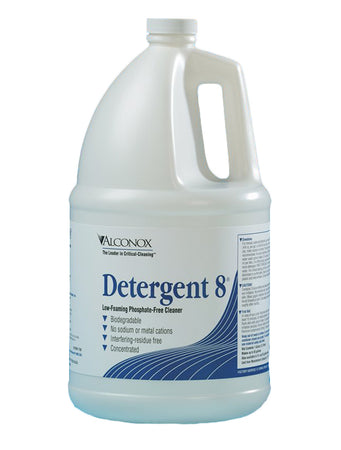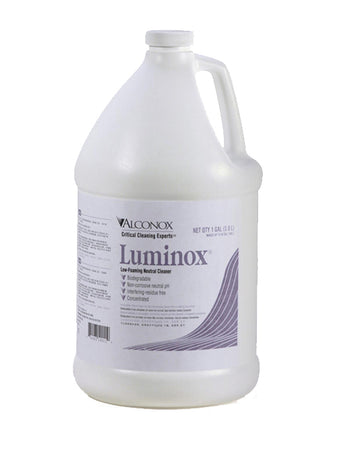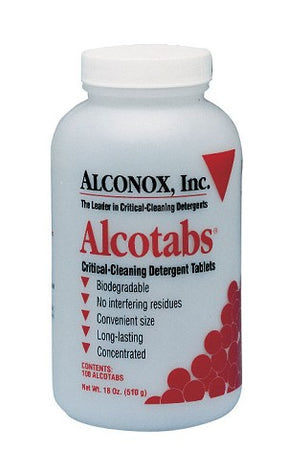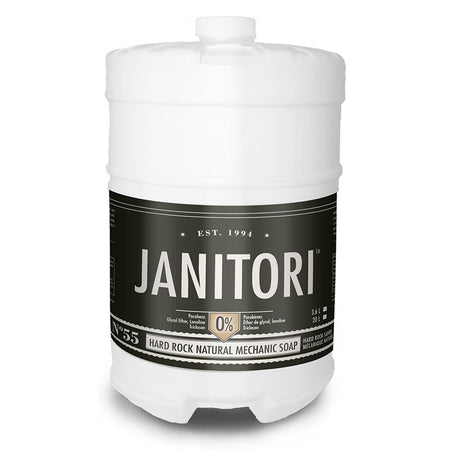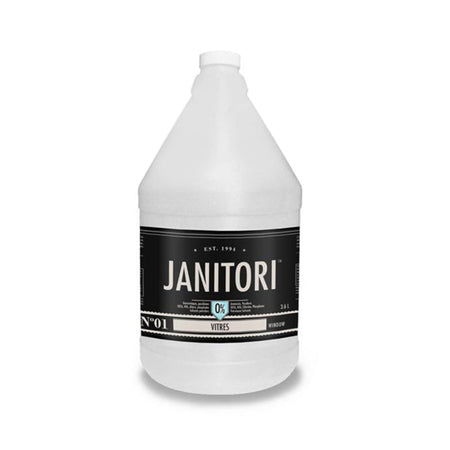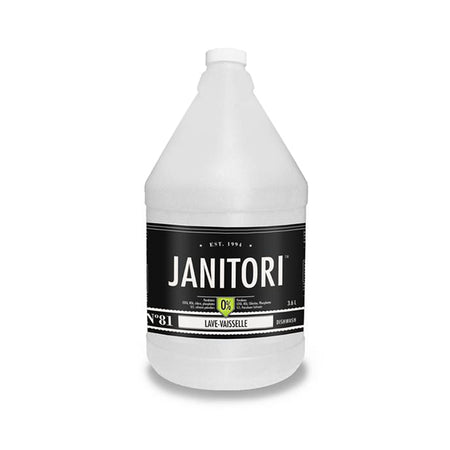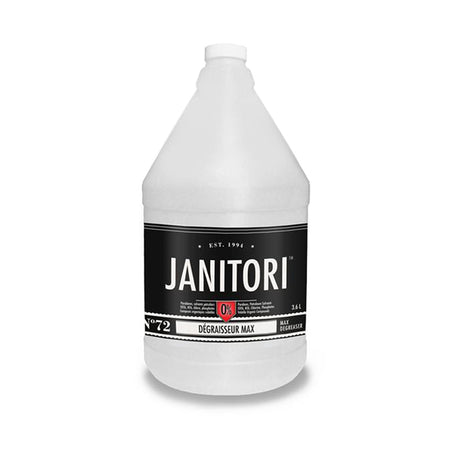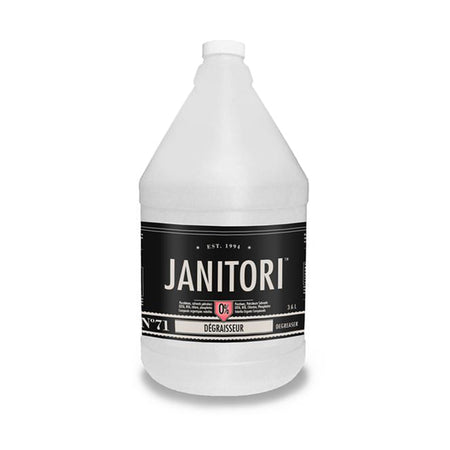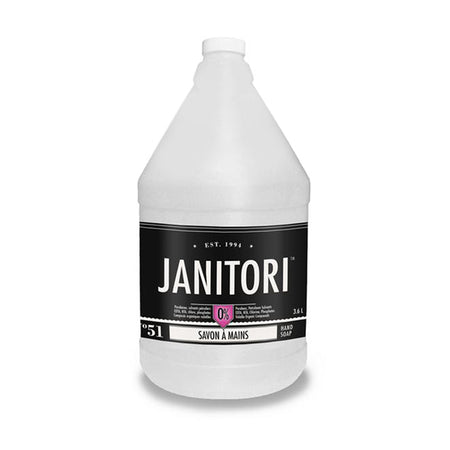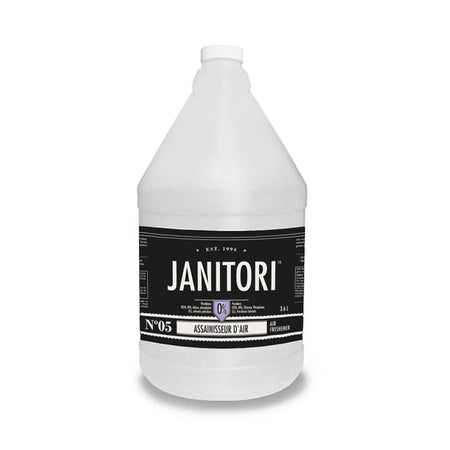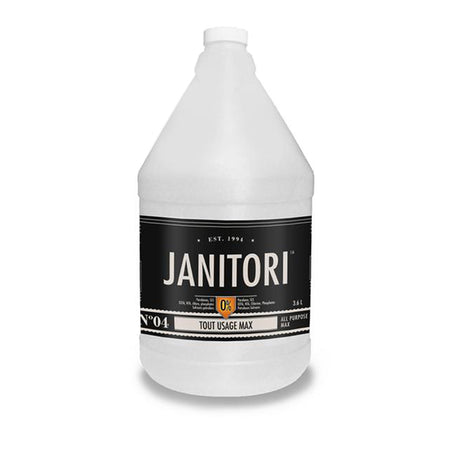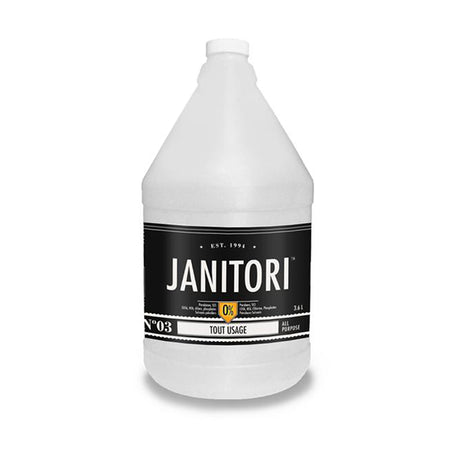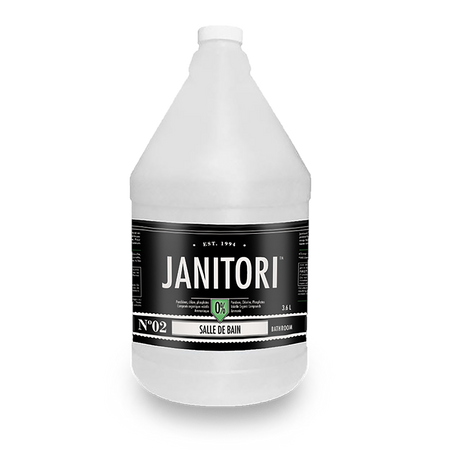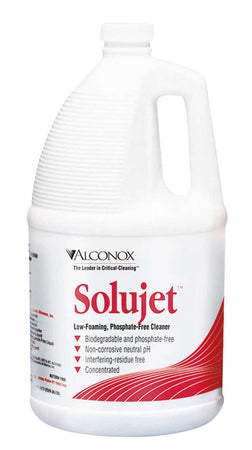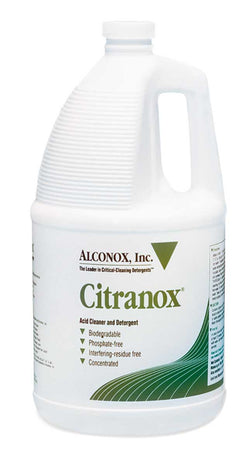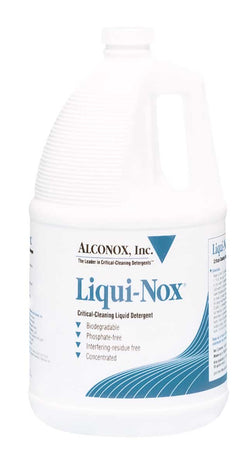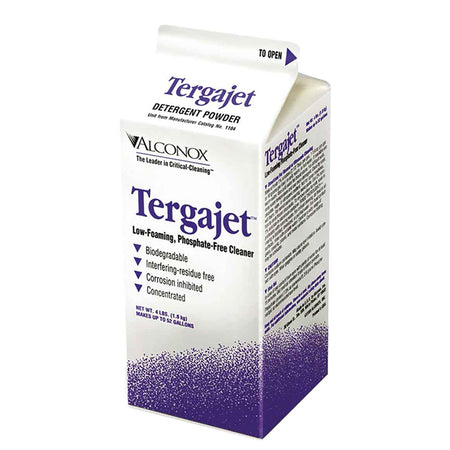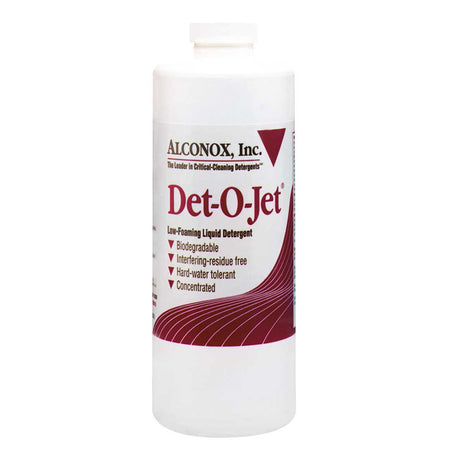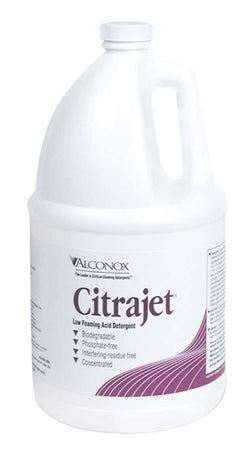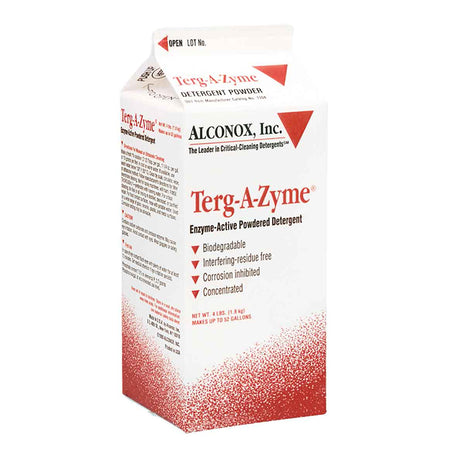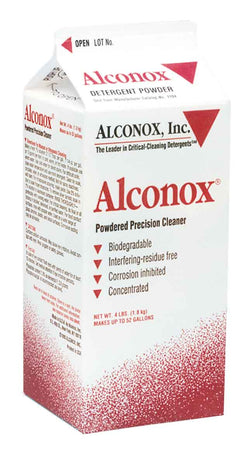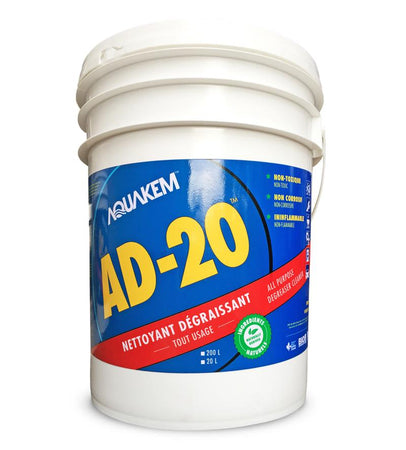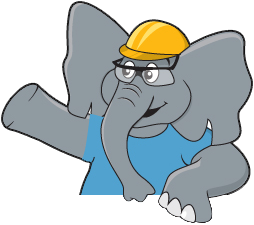Low-foaming chelating alkaline detergent
• Concentrated to save you money
• Corrosion inhibited formula
• Caustic liquid detergent with chelators
• Free rinsing to give you reliable results and no interfering residues
• For tough-to-clean residues on hard surfaces
Used to clean
Manufacturing equipment, cosmetics residues, injection molds, fouled metal parts in maintenance and repair operations from marinas to automotive to aerospace to oil & gas, such as filters, fins, exchangers, pump heads, steel engine blocks, exhaust systems, and more; metal castings, forgings and stampings, industrial parts, pipes, tanks and reactors. Use to clean steel prior to passivation.
Used to remove
Hard to clean soils, grit, grime, slime, grease, buffing compounds, oils, particulates, deposits, chemical and solvents, mold releases, metal oxides, and much more.
Surfaces cleaned
Corrosion inhibited formulation recommended for hard metals, steels, stainless steel, porcelain, ceramic, rigid plastics, cement, and elastomers. Do not use on soft metals such as copper, aluminum, zinc and magnesium. Cleaning method: Soak, spray, brush, sponge, cloth, ultrasonic, flow
Cleaning method
Soak, spray, brush, sponge, cloth, ultrasonic, flow through clean-in-place, agitation, or automated washing. Please ensure gasket compatibility.
Directions
Make a fresh 1% solution (2 1/2 Tbsp. per gal., 1 1/4 oz. per gal. or 10 ml per liter) in warm or hot water. For difficult soils or to remove metal oxides, raise water temperature and use more detergent, up to 10% by volume. Clean by soak, circulate, wipe, spray, or ultrasonic method. RINSE THOROUGHLY—preferably with running water. For critical cleaning, do final or all rinsing in distilled, deionized or purified water. For food contact surfaces, rinse with potable water. Corrosion testing may be advisable for high-carbon steels, and may require rust preventative application post-cleaning. Keylajet™ is available from leading laboratory, hospital, clinical and industrial suppliers.
Chemical Description
Keylajet consists primarily of a homogeneous blend of potassium hydroxide, sodium hydroxide, phosphate, surfactants, and chelators.
Cleaning Validation Methods
Test a parameter of rinse water before and after rinsing the cleaned surface, or test the clean surface. No significant change in the parameter indicates no detectable residue. Parameters measured include: pH, conductivity, UV, TOC, HPLC, sodium concentration, phosphorus concentration, anionic surfactant concentration using inexpensive detergent water testing kits, surface tension, and surface analysis.


